A Novel in Five Residencies

A novelist describes her progress as she writes her fourth book, The Great Believers, across five residencies, from 2014 to 2017.
Jump to navigation Skip to content
Articles from Poet & Writers Magazine include material from the print edition plus exclusive online-only material.

A novelist describes her progress as she writes her fourth book, The Great Believers, across five residencies, from 2014 to 2017.
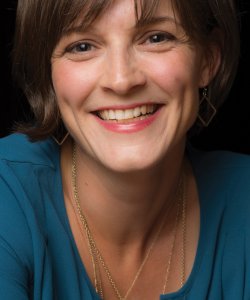
The author of What We Do With the Wreckage on the retreat in Mineral, Washington

The author of Pure Hollywood on the retreat in Saratoga Springs, New York.

The author of There There on the retreat in Peterborough, New Hampshire.

The author of The Refugees on the retreat in Provincetown, Massachusetts.

The author of The Ministry of Special Cases on the retreat in New York City.

The author of Sweetness #9 on the retreat in Red Wing, Minnesota.

The author of We Play a Game on the retreat in New York City.
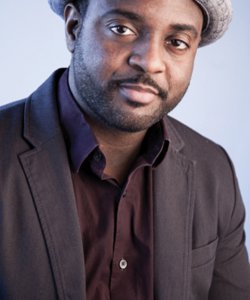
The author of Shahid Reads His Own Palm on the retreat in Greensburg, Pennsylvania.
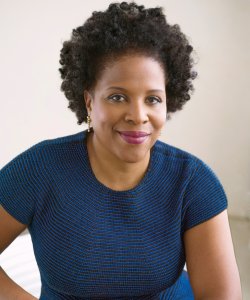
The author of An American Marriage on the retreat in Sheridan, Wyoming.

The author of Don’t Call Us Dead on the retreat in Austerlitz, New York.
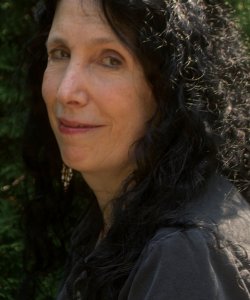
Novelists Caroline Leavitt and Jonathan Evison discuss the books that just didn’t work.

Poetry Out Loud offers high school students a new way of seeing the world.

The author of The Loss of All Lost Things on the retreat in Cassis, France.

A poet and essayist recalls his personal introductions to poetry and its craft during his younger years.

Authors share their notes on writing in this series of micro craft essays. In the latest installment: Tayari Jones completes the journey of writing her novel An American Marriage.
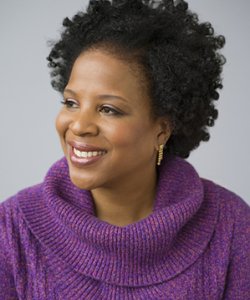
Authors share their notes on writing in this series of micro craft essays. In the latest installment: finding the center of your story.

Authors share their notes on writing in this series of micro craft essays. In the latest installment: writing around tech in contemporary fiction.
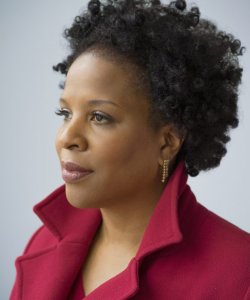
Authors share their notes on writing in this series of micro craft essays. In the latest installment: finding the story that challenges you.

Illustrator and author Edward Carey talks to the editor in chief of Poets & Writers about art, hope, and seeing the light amid darkness.
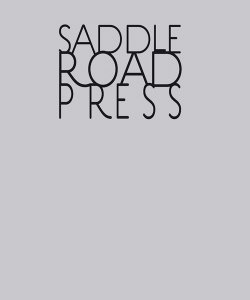
Small Press Points highlights the innovation and can-do spirit of independent presses. This issue features the Hilo, Hawai’i–based Saddle Road Press.
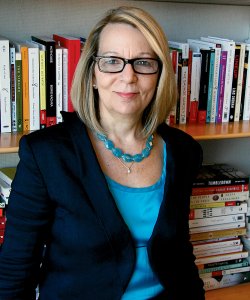
The books editor at O, the Oprah Magazine discusses how she got her start in the literary world, the selection criteria behind Oprah’s Book Club picks, and her favorite books of the year.

A look at some of the most exciting first books of poetry published in 2017, including WHEREAS by Layli Long Soldier and Calling a Wolf a Wolf by Kaveh Akbar.
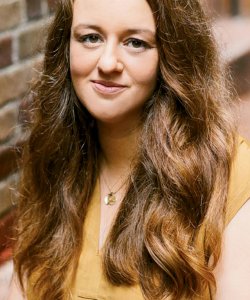
Fiction writer Danielle Lazarin discusses five journals that have published her short stories, some of which appear in her debut collection, Back Talk, forthcoming from Penguin Books in February.
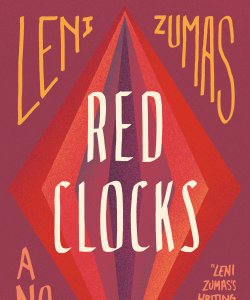
Page One offers the first lines of a dozen new and noteworthy books, including Wild Is the Wind by Carl Phillips and No Time to Spare by Ursula K. Le Guin.